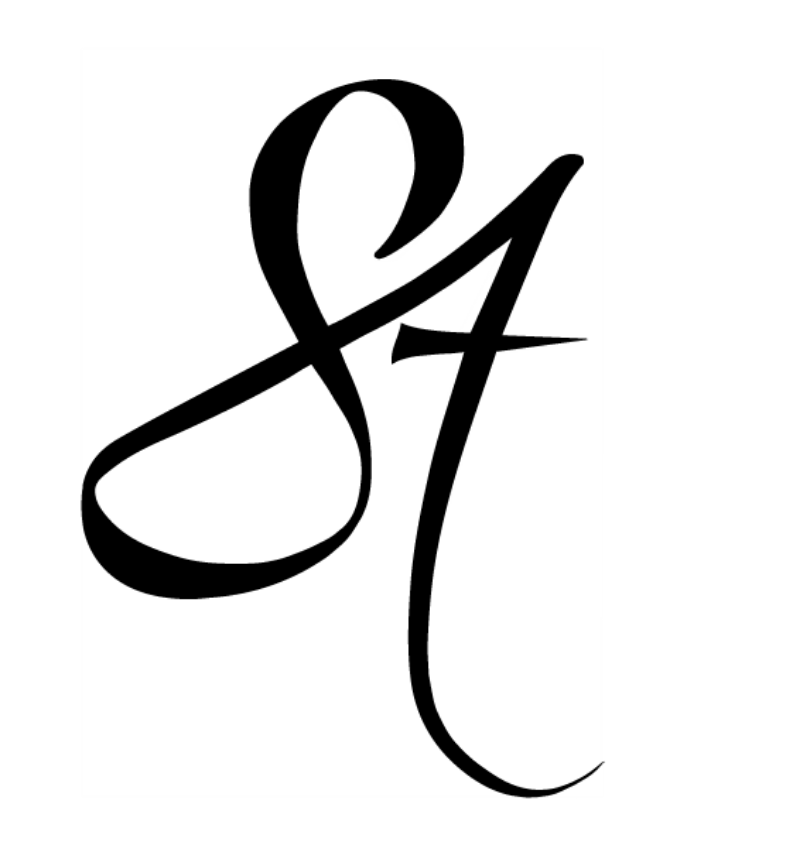February 21, 2014
Sagar (L) and I (R) at Rani Studios
Narayan Das, was a young man with big dreams. Narayan arrived in Beani Bazar with his Olympus SLR camera to make his dream come true. He was single and he was hungry. He had heard that Sylhet was wealthy with foreigners and their money. He had heard that these foreigners were Bangladeshis who lived abroad in the Middle East, UK and USA and every few years they visited their towns and villages. He heard that many of these overseas Bangladeshis were single males and during their trips many would find a bride and get married.
So armed with this information, his camera and several thousand Takas he decided to seek his El Dorado in the northeast of Bangladesh. He arrived in the mid 1980’s and decided to set-up shop in Beani Bazar as a photographer.
Initially he rented a pokey little shop on a side street off the main road and he slept in his shop to save on rent for accommodation. Narayan laid out his services by taking passport photos, family portraits and hired his skills as a wedding photographer.
Even though he got his business going with relative ease he faced a challenge purely because of his religious belief. Narayan was a follower of Hinduism in a predominantly Muslim country. Even though there were Hindu families in Beani Bazar many of them had fled during the 1947 partition of India, Pakistan and East Pakistan (the latter was to become Bangladesh in 1971).
With the departure of British rule in India, borders were drawn based broadly on religious grounds. The two major groups of Muslims were geographically located in the West and in the East of the Indian sub-continent. These demarcations were arbitrarily drawn up by a lawyer – Sir Cyril Radcliffe from England within five weeks of arriving in India, and without a clue about the sensitivities of the people’s lives and lands he carved up. Even to this day those borderlines cause violence and death on an unprecedented scale; with border crossing deaths between Bangladesh and India. Sectarian violence in Kashmir, border disputes between India and China. Denial of the legitimacy of Rohingya’s as legal citizens of Myanmar (formerly Burma) by their own government, accusing them of being illegal Bangladeshi migrants.
Bangladesh in the mid-80’s was only fifteen years old as a fledgling nation. During the war of independence in 1971 more people who followed Hinduism fled to India voluntarily and forcibly as some Muslims took the opportunity to force Hindus off their lands either killing them or driving them out. As such Hindus were still seen as second-class citizens in a country for which they too fought for independence against the occupying Pakistani forces.
Even though Beani Bazar was a more tolerant part of Bangladesh there were occasions when some Muslims would treat Narayan derogatorily. This handicap for Narayan did not deter him and he persisted with his business. He found other Hindu families in the surrounding villages with whom he became friends. However he made closer links with Muslim businessmen and local bigwigs.
As his business flourished there were other competitors who set up shop in town, however Narayan’s business went from strength to strength. So much so he brought two of his younger brothers from Chittagong to help him grow the business. He moved into larger premises on the main trunk road running through the town and decided to rent a house in one of the surrounding villages.
He stumbled upon my dad’s place where there was a small empty house that he rented. My dad’s property was deep in the village of Shupatola, it was surrounded by a six feet wall and very peaceful. Narayan’s Rani Studios became our family photographer and also our family’s videographer. He named the business Rani in honour of his mother.
With success the call came for Narayan to get married which he did dutifully according to his parent’s wishes by finding a bride in Chittagong who moved to be with him. His children were born in the house he rented from my dad.
Over the years he opened two further photo and video studios in Beani Bazar town, he invested in his own photo processing machines as well as video editing facilities. He invested in agricultural land and was saving towards purchasing land in Shupatola to build his own house.
Eventually his immediate younger brother Ashok married and brought his wife over too. His third brother moved to Kolkata and his youngest brother and sister joined him in Beani Bazar. When Narayan's sister Mita got married she cried not only for leaving her family but for going away forever from my dad's place. For her our place had become her home and even to this day loves coming back to visit.
Initially Narayan’s view was to stay for a couple of years on property, however that stay was to become more than a quarter of a century. They became part of our family and the caretaker of my dad’s property. His youngest brother Sagar Das became my brother’s best friend in Bangladesh. Whenever my parents or I would return to Bangladesh Narayan would lay on a feast and invite us to his house to dinner. His shop became my hangout spot in town where copious amounts of tea was drunk (see picture below).
Sagar upon finishing high school joined his brother into the family business as did Narayan’s son Diph. In 2010 Narayan purchased a plot of land in Shupatola and by 2012 he had moved out of our property. He had further expanded his business in another town twenty five miles away, which was being run by his nephew.
The story of Narayan is my own experience of the book Acres of Diamonds, instead of seeking his fortune in faraway lands Narayan found his success and realised his dreams in the country of his birth.



